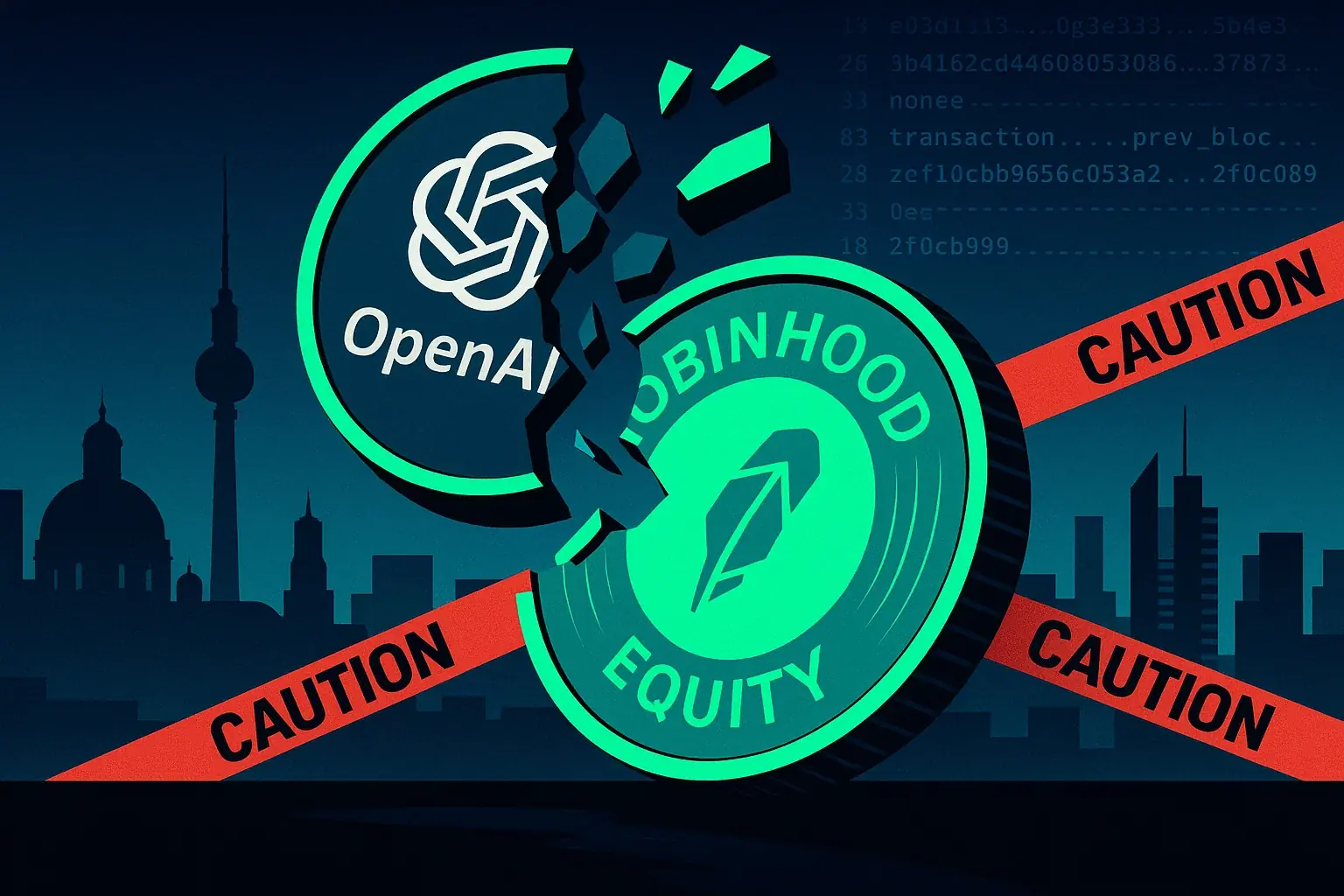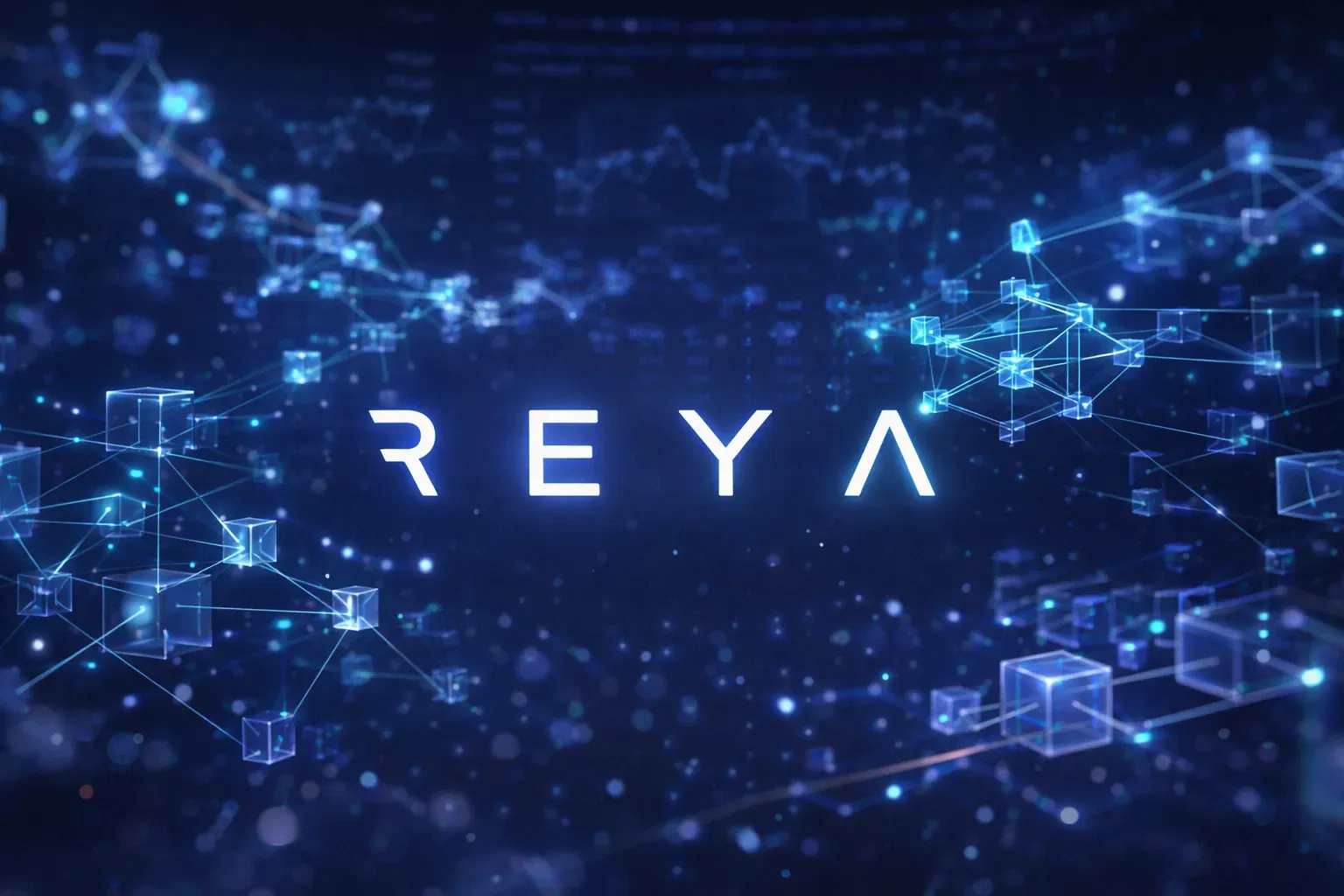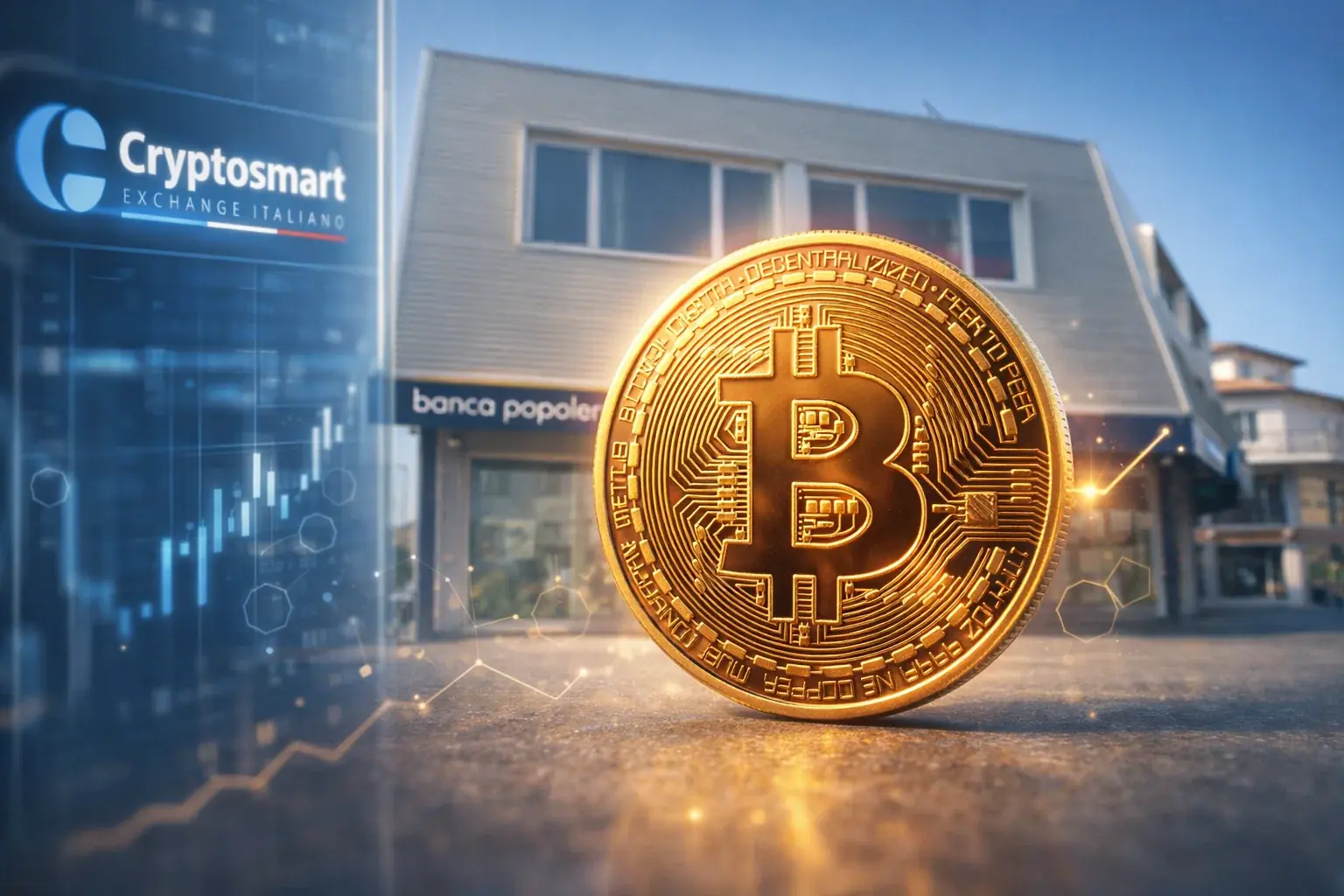Robinhood's plan to launch private equity tokens, which would give European investors access to companies such as SpaceX and OpenAI, has hit a snag, drawing the attention of regulators.
The situation worsened when OpenAI made it clear that it was not involved in any digital asset business. On 7 July, the company stated that such tokens do not confer any ownership rights in the artificial intelligence company.
The New Robinhood Initiative Ignites Legal Debate
The Bank of Lithuania, Robinhood's main regulator in the EU, said it was actively seeking full explanations of these new products. A spokesperson for the central bank said that obtaining and analysing this information is essential to fully assessing the legality and compliance of the tokens.
"We have contacted Robinhood and are awaiting clarification on the structure of the OpenAI and SpaceX equity tokens, as well as the communication aimed at consumers," spokesperson Giedrius Šniukas stated.
This regulatory attention focuses on Robinhood's big plans to enter the tokenized securities business, including the ability for European customers to access more than 200 tokenized US stocks and ETFs. Only a few days earlier, on 30 June, the company had announced that such private equity tokens would be available along with a new blockchain layer-2, consolidating its position in the emerging tokenisation market.
OpenAI's swift response, which warned investors that Robinhood's 'OpenAI tokens' do not confer any ownership rights or equity stake in the company, dampened Robinhood's innovative momentum.
As of 30 June, the tokenisation market was worth over USD 24 billion and financial institutions around the world are seeking to capture a slice of this sector. Private tokenized credit and US Treasury debt are currently the most popular forms of investment, but tokenized equities, which account for only a small portion of the market at $188 million, are seen as a segment with great potential for growth.
Even big names such as BlackRock and Franklin Templeton have entered this space, issuing tokenized money market funds and investigating blockchain-based settlement solutions to make the system more efficient.
Despite the general enthusiasm for tokenization, many legal and regulatory issues remain to be resolved. Regulators and lawyers are trying to figure out whether tokenized equity instruments should be registered as actual securities or whether derivative-like structures are sufficient to comply with regulations in Europe and the US.
The Bank of Lithuania's ongoing investigation into Robinhood could set an important precedent for the company, especially considering its plan to expand its tokenization framework globally. The recent presentation at the EthCC conference in Brussels showed detailed plans to tokenize a wide range of financial instruments. However, this initial negative reaction shows how difficult it is to strike a balance between promoting innovation and protecting investors in a rapidly evolving digital sector.








